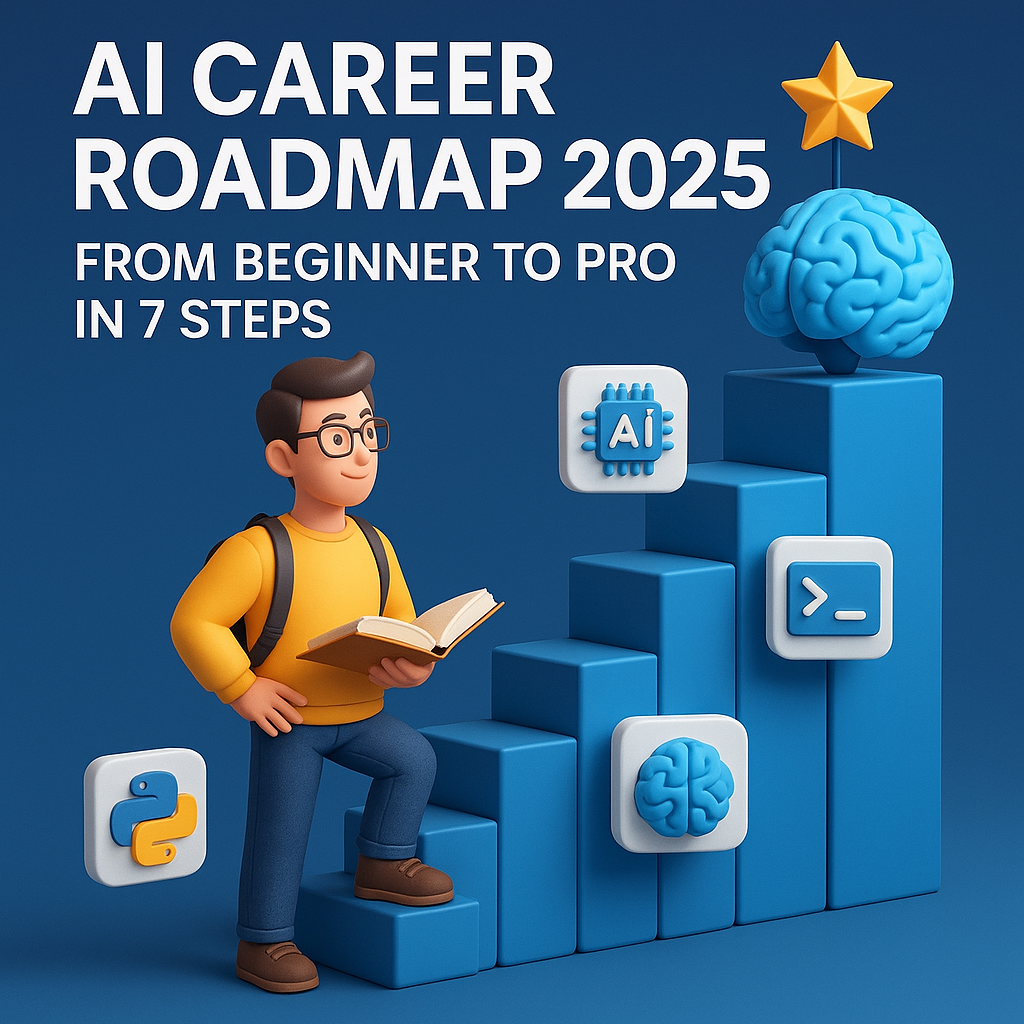
AI is the present, not the future. The need for qualified workers is increasing rapidly as AI transforms every sector, including healthcare and finance. You’ve come to the correct resource if you’re wondering how to get started in the artificial intelligence industry. This blog post, “AI Career Roadmap 2025: From Beginner to Pro in 7 Steps,” provides a mobile-friendly, search-optimized, and step-by-step guide to starting and advancing your AI career.
📈 Summary Table: 7 Steps from Beginner to AI Pro
| Step | Phase | Focus Area | Outcome |
|---|---|---|---|
| 1 | Awareness | Understand AI Basics | Foundational Knowledge |
| 2 | Learning Fundamentals | Math, Python, ML Algorithms | Core Technical Skills |
| 3 | Hands-on Projects | Kaggle, GitHub, AI Demos | Real-World Application |
| 4 | Specialization | NLP, CV, Robotics, Data Science | Targeted Expertise |
| 5 | Certifications & Courses | Coursera, Google AI, DeepLearning.AI | Credibility & Recognition |
| 6 | Real-World Experience | Internships, Freelancing, Open Source | Industry Readiness |
| 7 | Career Launch & Growth | Resume, LinkedIn, Job Platforms | Land Your Dream AI Role |
✨ Step 1: Understand the AI Landscape
Artificial Intelligence is more than just chatbots and robots. It includes Machine Learning (ML), Deep Learning, Natural Language Processing (NLP), Computer Vision (CV), and more. According to McKinsey, 70% of companies will adopt at least one type of AI technology by 2025.
Pro Tip: Explore Google AI, OpenAI, and IBM Watson blogs to understand how AI is applied in real-world use cases.
⚖️ Step 2: Learn the Fundamentals
You can’t build a skyscraper without a solid foundation. Begin with:
- Math: Linear algebra, calculus, and statistics.
- Programming: Python is the gold standard.
- Machine Learning: Understand regression, classification, clustering, and neural networks.
Recommended Resources:
- Python: Python for Everybody (Coursera)
- ML: Andrew Ng’s ML Course (Coursera)
- Stats & Math: Khan Academy, 3Blue1Brown
🎓 Step 3: Build Hands-on Projects
Employers love portfolios. Apply your skills with real datasets from:
- Kaggle Competitions
- UCI Machine Learning Repository
- GitHub Projects
Case Study: Kaggle Success
Maria, a marketing grad from Spain, participated in Kaggle competitions in 2023. After ranking in the top 10% for a forecasting project, she landed a Data Scientist role at a German fintech startup. (Source: Kaggle Stories)
🌐 Step 4: Choose a Specialization
AI is vast. Specializing helps you stand out. Trending AI domains:
- Natural Language Processing (NLP)
- Computer Vision
- Reinforcement Learning
- AI Ethics
According to Indeed, NLP roles have grown over 60% in job listings since 2023.
📅 Step 5: Get Certified
Certifications validate your knowledge and boost employability.
Top AI Certifications in 2025:
- DeepLearning.AI TensorFlow Developer
- Google Professional ML Engineer
- IBM AI Engineering Professional Certificate
- Microsoft Azure AI Fundamentals
These certifications often include real-world projects and capstone exams to verify practical skills.
🚀 Step 6: Gain Real-World Experience
Apply your knowledge in professional settings:
- Freelance AI Projects (Toptal, Upwork)
- Internships at Startups
- Open Source Contributions
Real Example:
John, a self-taught coder from India, contributed to Hugging Face’s Transformers repo. His work got noticed, and he secured a full-time ML engineering role at a San Francisco-based healthtech firm. (Source: Hugging Face GitHub)
💼 Step 7: Launch Your Career
Now that you’re industry-ready:
- Build a LinkedIn profile with SEO-optimized keywords.
- Create a resume with measurable results from your projects.
- Use job portals like AIJobs, LinkedIn, and Wellfound.
In-Demand Roles in 2025:
- Prompt Engineer
- AI Product Manager
- ML Engineer
- AI Research Scientist
According to Glassdoor, AI job salaries range from $120K to $225K/year depending on skill level and location.
🤔 FAQs About AI Career Roadmap 2025
Q1: Do I need a CS degree to start a career in AI?
A: No. Many successful AI professionals are self-taught or come from non-tech backgrounds. Skills > degrees.
Q2: What tools should I master for AI?
A: Python, TensorFlow, PyTorch, Jupyter, AWS, and Hugging Face.
Q3: How long does it take to become job-ready in AI?
A: With consistent effort, 6–12 months is realistic.
Q4: Is AI a good long-term career?
A: Absolutely. AI is projected to be a core part of global digital transformation for the next 20+ years.
✨ Final Thoughts
AI isn’t just another tech trend—it’s a revolution. By following this AI Career Roadmap 2025, you can go from beginner to expert with clarity, purpose, and real-world impact. Whether you’re switching careers or just starting out, there’s never been a better time to jump in.
Ready to take the first step? Save this blog, start learning, and share your journey with #AICareer2025.
- Grow a Baseball Newsletter: 7 Job Tips That Drive Subscribers - August 5, 2025
- Earn Passive Income: Build a Baseball eBook for Families - August 4, 2025
- Turn Your First $1K Baseball Hustle Cash Into Wealth - August 4, 2025
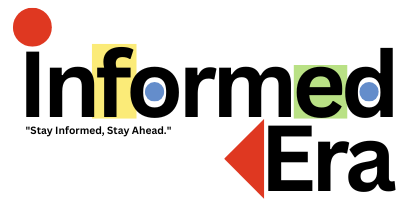
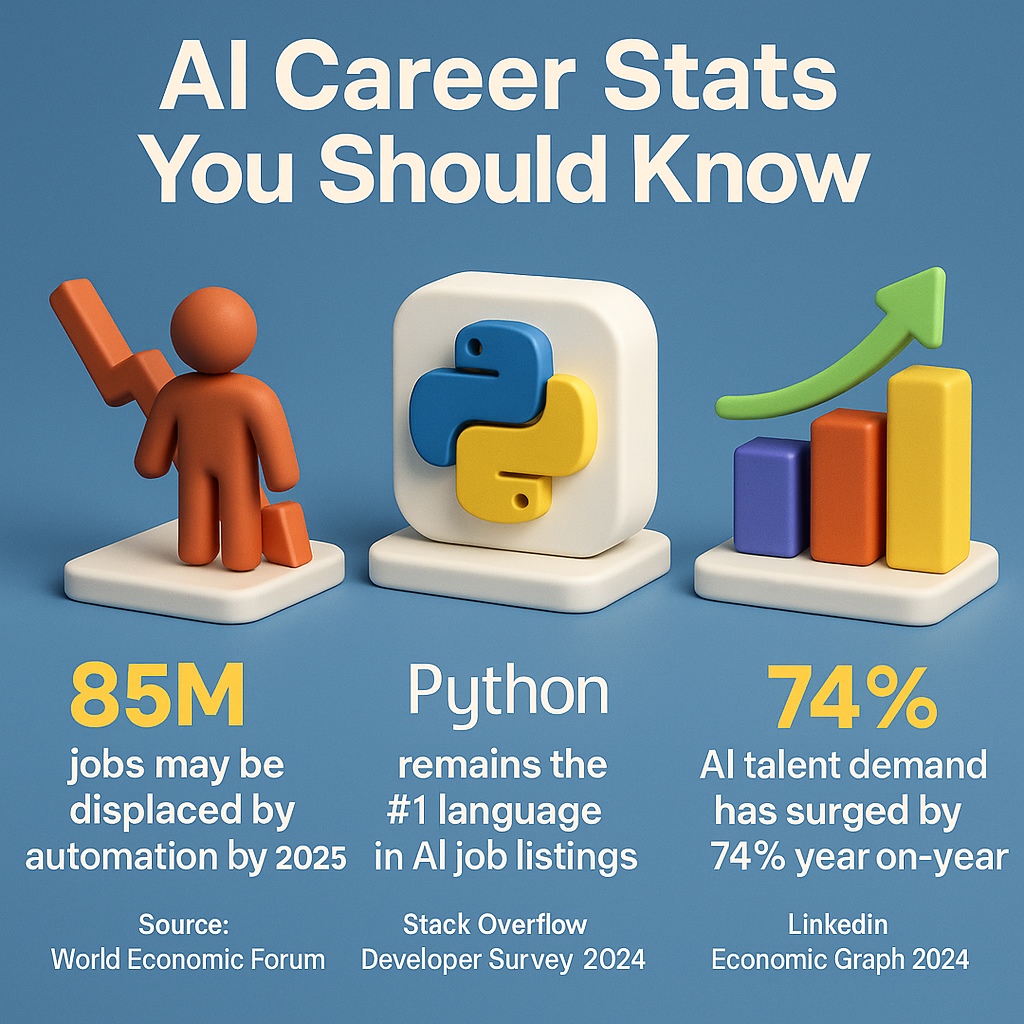
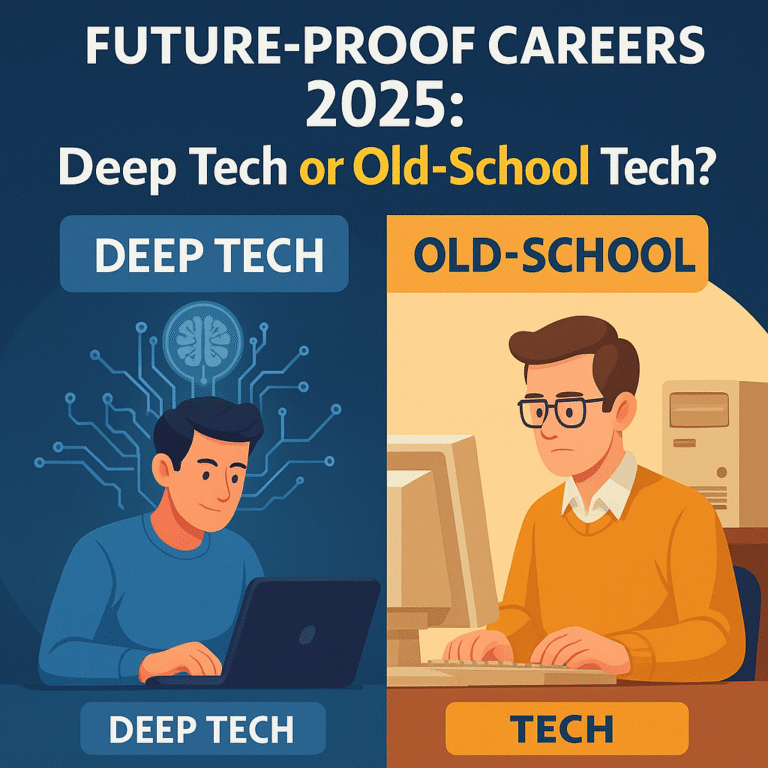
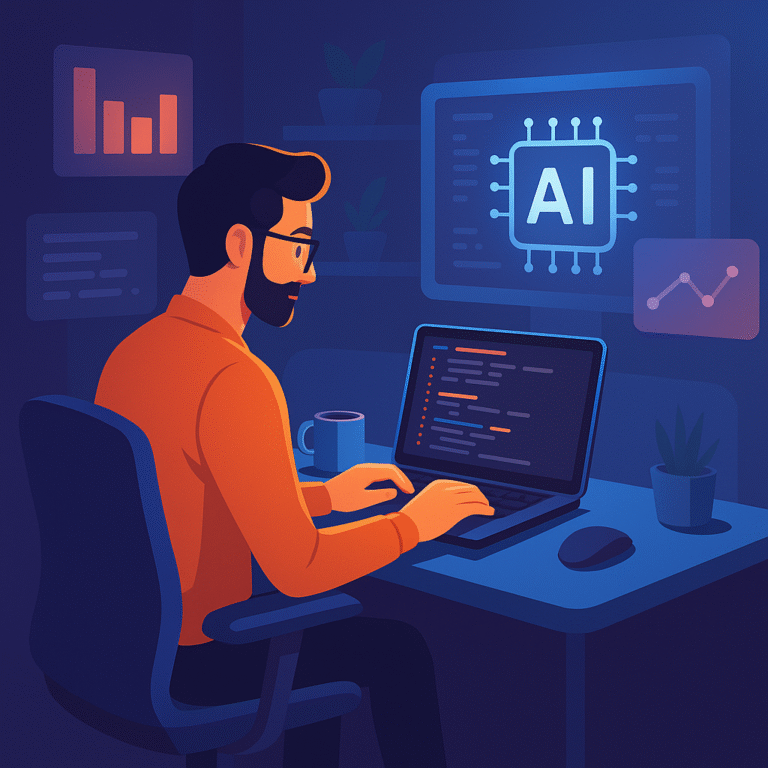
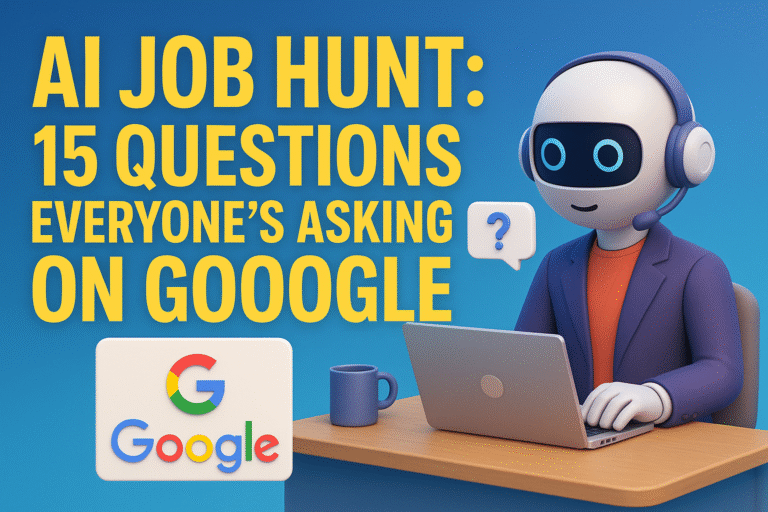



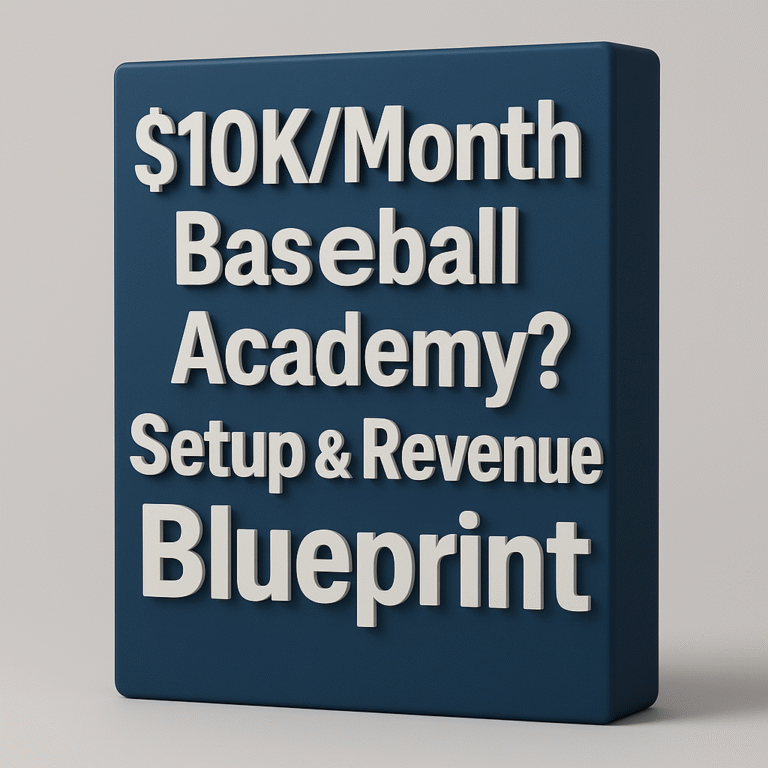
1 thought on “AI Career Roadmap 2025: From Beginner to Pro in 7 Steps”